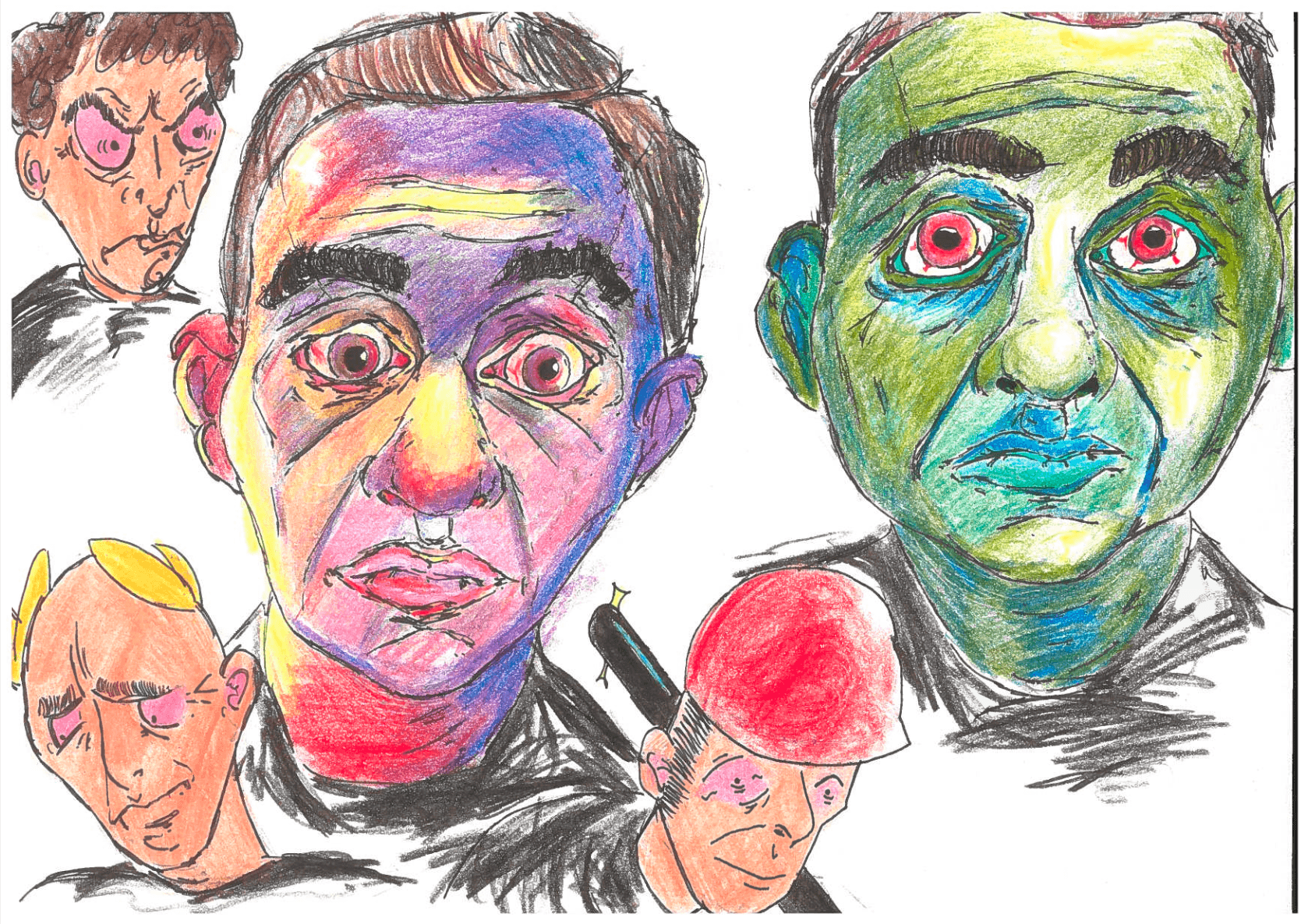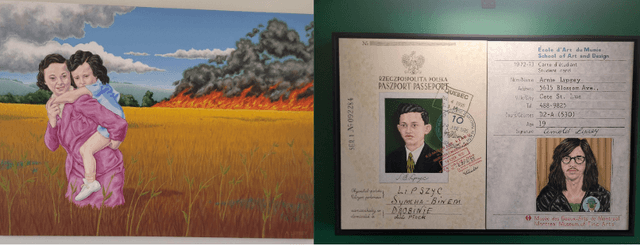This is the second article of a two-part series highlighting the Shuster cousins and their notable contributions as Jewish Canadians. Last week, I covered Joe Shuster, co-creator of Superman. This week is dedicated to Frank Shuster of the legendary Canadian comedy duo Wayne and Shuster—another notable Canadian Jew to whom I happen to be related.
Does this relation of mine inherently make me a funny person? No. Does being Jewish inherently make me a funny person? Maybe? While my sights are set on Frank Shuster, some broader context concerning Jewish humour will help enrich his story.
When reflecting on Jewish prominence in the comedic entertainment industry, a particular brand of humour comes to mind—I picture Larry David raising his hands and forming his shoulders into a shrug before embarking on a tirade of keen and amusing kvetching. The combination of satirical inquiry and physical humour is a one-two punch that has been employed by Jewish comics across generations. Preceding David by several decades, this is confirmed by the exaggerated acting and acute wit of intelligentsia humour on display in Wayne and Shuster’s sketches.
Shuster found his professional footing alongside his compadre, Johnny Wayne. The two met at their Toronto high school, where they debuted their on-stage chemistry at talent shows—marking the start of a 50-year career performing as Wayne and Shuster. Yet, shortly after graduating together from the University of Toronto, the grave reality of World War II set in. Nevertheless, they remained dedicated to comedy, joining the Canadian Army to perform for troops and provide much-needed levity in dire times.
This wartime service incidentally reflects the contextual origins of Ashkenazi humour itself. As Jews faced harsh discrimination in Eastern Europe—and eventually difficult realities in the New World—humour served as a means to relieve tension, uplift one another, and unite the community in a trying environment. Humour, whether Jewish or not, can also serve as a means to cope with and release trauma—which might hint at a key dynamic underlying Jewish success in comedy: Abundant intergenerational trauma creates an abundant need to release said trauma. Hence an abundance of thriving comedians.
Their breakout sketch which first landed them on the Ed Sullivan Show in 1958 was “The Shakespearean Baseball Game,” wherein Wayne and Shuster, along with their cast, act out America’s favourite pastime in Old English dialogue with Elizabethan-era theatrics. Another sketch of note was “Rinse the Blood Off My Toga,” a re-enactment of the aftermath following Julius Caesar's assassination with the facetious twist of 1950’s detective dramas. The breadth of their North American audience makes one wonder if their Caesar sketch influenced Larry David’s notoriously bad stand-up routine about Caesar’s assassination.
A direct example of Judaism in their work is seen in a sketch entitled “Bible Bowl.” Pulling from Nevi’im, it tells the classic story of David and Goliath—only the setting is an American football game hosted in a stadium called the Matzoh Bowl. Appropriately, the sketch constantly delivers clever biblical and Jewish references. In a pre-game introduction for the Jericho Jets (sporting menorah decals on their helmets), a newly recruited, second-string QB takes the stage. It is none other than David, wearing lucky number 18 on his jersey—a significant choice as, the Hebrew word for life, Chai (חַי), holds the numerical value of 18. Spoiler alert! Against all odds, David steps up in crunch time, overcoming the massive linebacker Goliath and sealing the win for his team with a sling-shotted touchdown pass.
This sketch’s synthesis of a biblical story with American football poetically symbolizes the integration of Jewish and American culture. A similar theme of assimilation was also prevalent in the creation of Superman, presenting a parallel in how the Shuster cousins expressed the Jewish experience in their respective creative pursuits.
Canada’s own cultural icons are often overshadowed by American stars—a tendency that is especially true when it comes to Jewish-Canadian comedy. Shuster seemed to be aware of this phenomenon. Reflecting on his and Wayne’s record-holding 67 appearances on the Ed Sullivan Show, in a quintessentially Canadian accent, Shuster joked, “We became so popular with Americans that even some Canadians started to watch us!” The exuberance of their sketches, ample with sharp-witted Jewish humour, ensures that the legacy of Wayne and Shuster is cemented—certainly in my household, if not in Canada as a whole.
With their unique presentation highlighted in contrast to American performers, as noted by Ed Sullivan himself, the two embody a distinct expression of life that evolves in the North. Paving the way for future Jewish comics, the joy and attention Shuster brought to Canadian entertainment makes him a Jewish-Canadian gem to be cherished.
Powered by Froala Editor






